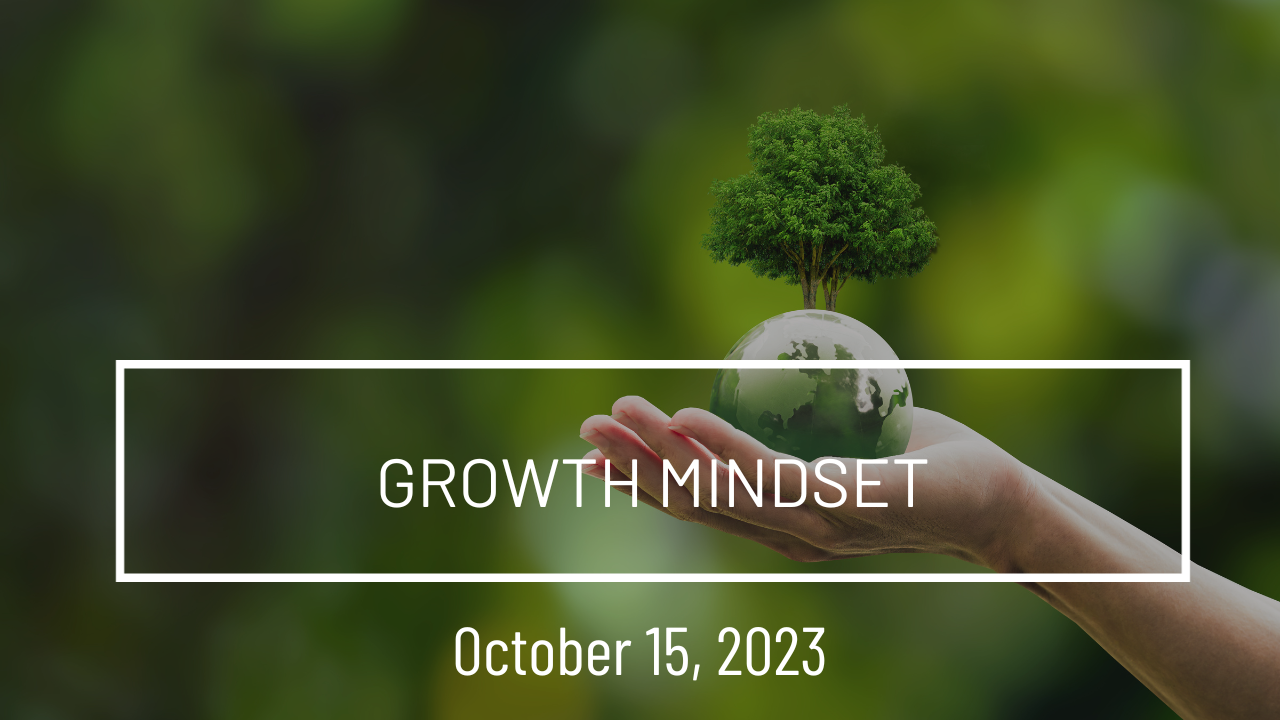
Growth Mindset
Having a growth mindset helps us navigate challenges without feeling like if we fail we need to give up. It’s about believing that we can always do better, and in a way there is a perfect balance between confidence and humility. Cultivating a growth mindset in children is essential for social-emotional health and well-being, as it helps us know that we are good enough, while also striving to continue on a path of learning and growing as a person. This week we explore ways we can cultivate a growth mindset.
Growth Mindset
Often times as children grow they are corrected, asked to “behave”, sent away for expressing difficult emotions, and told to do things in a different way. They are also praised for doing something really well, coloring in the lines just so, getting all of the answers correct, expressing “positive” emotions, or abiding by the rules without questions or pushback. When kids get this feedback, they stop wanting to be “wrong” and they stop challenging themselves, for fear of failure. They also start associating acceptance with praise for being right, happy, and striving for perfection. These are all detrimental to emotional health and well-being long term.
We tend to have high expectations of children and of ourselves, because we have high expectations, and the generational patterns continue. We don’t need to blame, but we can change. And we can see this as an opportunity to evolve, once again.
Here are a few tips to get you started:
- Daily affirmations to cultivate positive self-talk and belief in yourself and others, even the most challenging kids and students.
Examples: I am strong, I am important, I am confident, I can practice, I work hard, Practice Makes Progress, I am a good friend, I am a kind person, I am loved, I am important
- Praise effort, not outcomes


